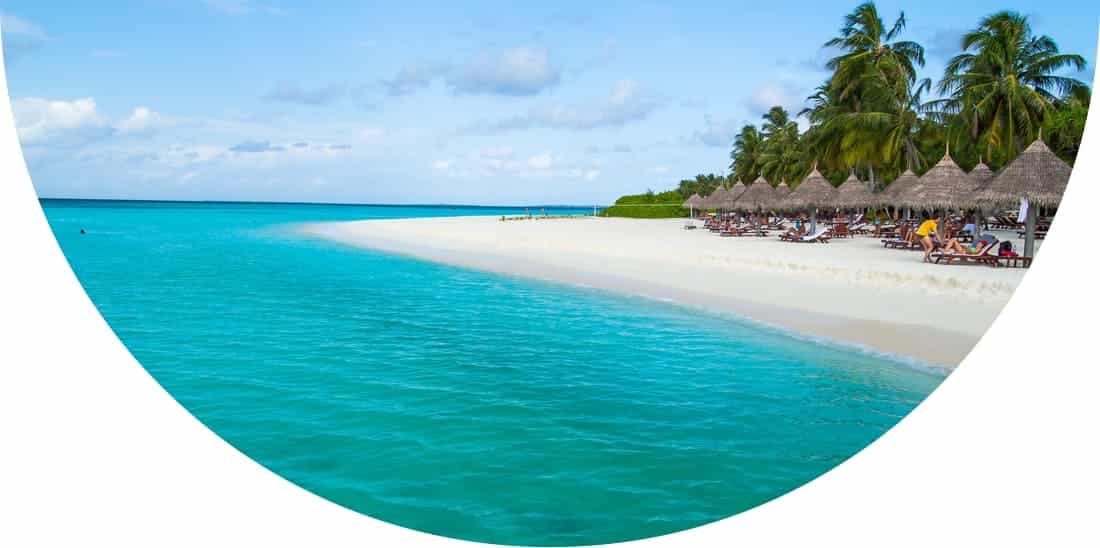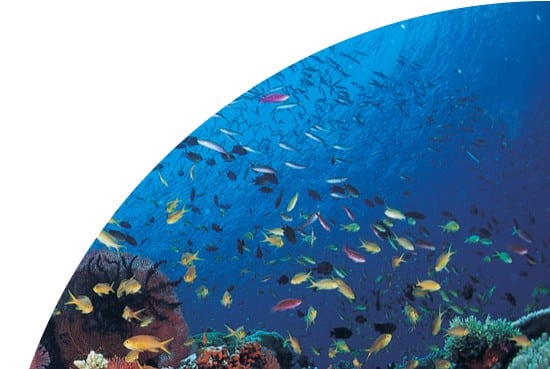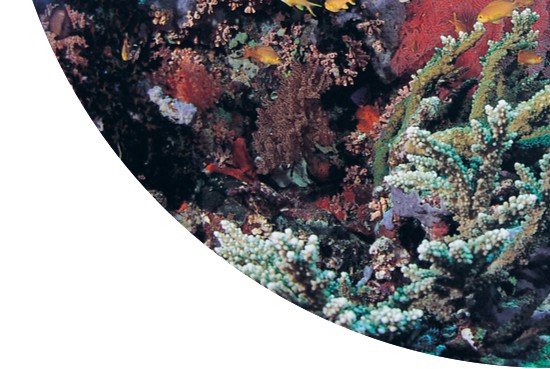Zika virus is usually transmitted by the bite of an infected Aedes species mosquito. These mosquitoes are most active during the day, especially during mid-morning, then late afternoon and dusk through to evening. For most people it's a very mild infection with minor or no symptoms, but is more of a risk to pregnant woman as it could result in certain birth defects.


Travel Vaccinations for Papua New Guinea
Recommended Vaccines for Papua New Guinea
The level of protection needed depends on your medical history and travel itinerary. Book now to get a personalised recommendation from our specialist travel nurses. The consultation costs £20 plus any vaccines you decide to take.
Flexible appointments with no upfront payment
Book Now
Destination Information for Papua New Guinea
If you’re planning a visit to Papua New Guinea, it’s important to be prepared and aware of the risks as well as the stunning cultural experience of the country. The crime levels, particularly for serious and violent crime, are very high. As an undeveloped country, law and order and its enforcement is poor. There is recent civil unrest following national elections, and the potential for fighting, assaults, car-jacking and other serious crime is high. Avoid walking or driving at night in any area. If you have to drive, do so with your doors and windows locked at all times. Consider using a guide or escort when walking in any unfamiliar area. If you’re travelling in areas close to the border with Indonesia, be aware that there are particularly high levels of conflict here. It’s advisable to check the current local situation for your specific destination before you travel and to make plans accordingly.
Medical facilities in Papua New Guinea are basic. The country has been identified as being at risk from the recent Zika virus outbreak, for which there is no vaccine. If you are pregnant or planning pregnancy it is advisable to reconsider travel to the island. Other non-vaccinated diseases present include Chikungunya and Dengue Fever. Take sensible steps to avoid being bitten by the daytime biting mosquitoes by using insect repellent from your travel kit between dusk and dawn.
Travel vaccines and malaria tablets are recommended before travel so visit a travel clinic for the necessary treatment and advice. Take extra steps to avoid being bitten by mosquitoes. In cases of serious injury or illness you will need to be evacuated to Australia. Ensure that you have adequate travel insurance in place to cover for this eventuality.
Papua New Guinea is in an area of seismic activity. There is a constant risk of earthquakes, volcanic eruptions and tsunamis, as well as the typical tropical cyclone season which here is from November to May. Be aware of the effect that the weather and other natural phenomenon can have on roads and travel conditions.
If you’re heading for one of the smaller islands, New Britain is an excellent choice for swimming and snorkelling, with many hiking and trekking routes through the forest too. The Baining People will demonstrate their many tribal rituals, including the dramatic fire dance.
Most of Papua New Guinea is undeveloped, and although welcoming to visitors, you won’t find many hotels or resorts to accommodate typical tourists other than in Port Moresby. By staying in traditional guesthouses or with the local people, you’ll gain a far more interesting and authentic experience of life in this colourful and multicultural country.
Infections and Outbreaks frequently change from country to country and by attending our clinics you will be given the most up to date clinical and safety advice from our team of specialists. Our advice to you often includes aspects such as:
- Food and water hygiene
- Insect and animal bite avoidances
- Personal safety
- Sexually transmitted infections
- Sun protection
- Altitude sickness
Malaria and regions within country:
There is a high risk of P.Falciparum Malaria in all areas below 1800m, including Port Moresby, Karema and islands surrounding Papua New Guinea. Anti-malarial medication is always advised in these regions.



